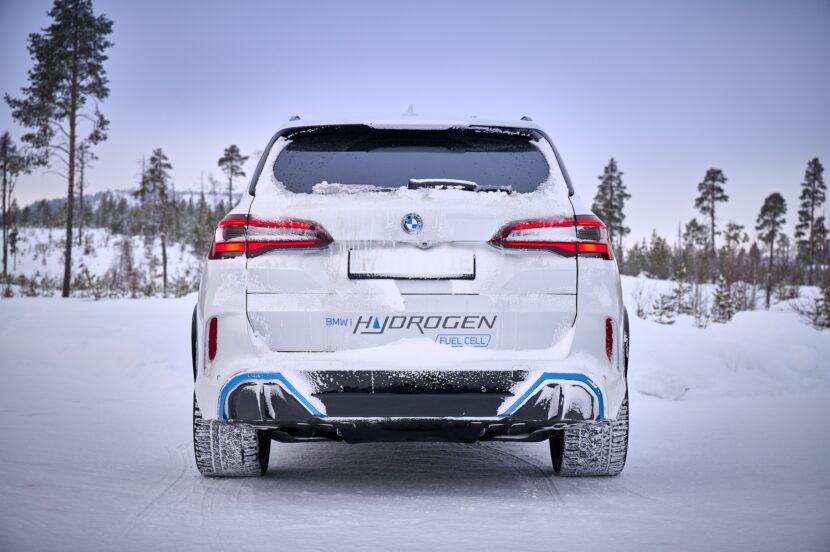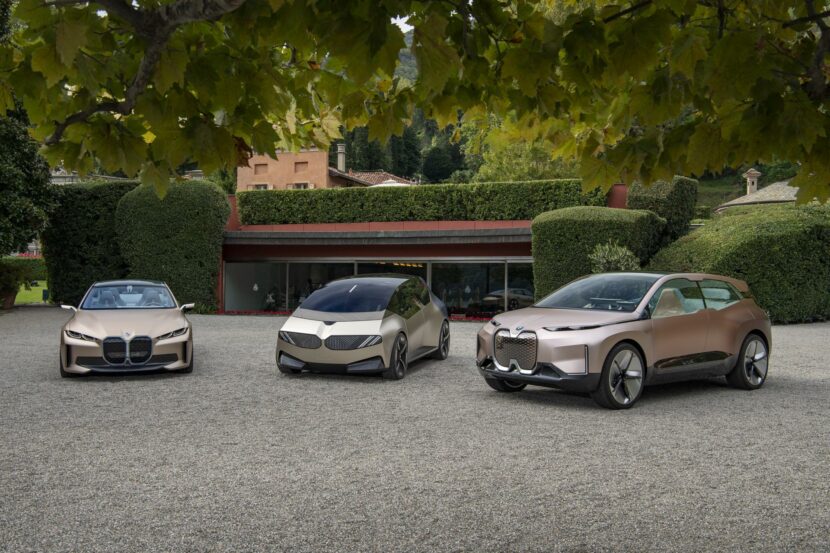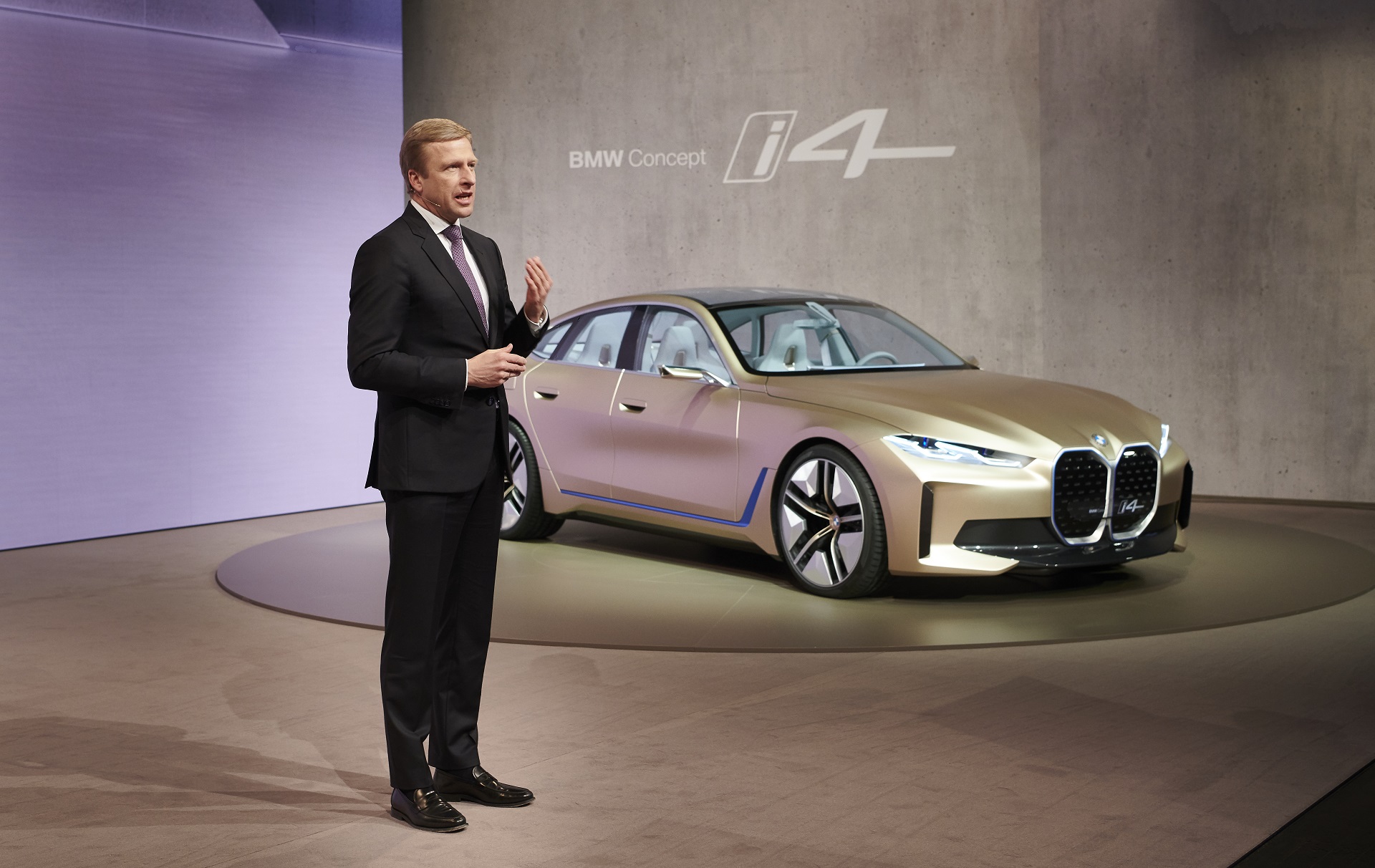In an interview with Neue Zürcher Zeitung, BMW CEO Oliver Zipse talks potential new dependencies as the European Union is preparing for a ban on gasoline and diesel-powered cars in 2035. On one hand, the dependency on petrol and diesel has been obvious since the war in Ukraine broke out. But at the same time, the BMW boss say that new dependencies on other raw material suppliers would be unavoidable when the car industry will transition to fully electric fleets.
Therefore, Zipse is promoting BMW’s flexible approach when it comes to manufacturing powertrains. While focusing on fully electric cars, BMW also wants to continue manufacturing petrol and diesel cars for the immediate future. Naturally, BMW is undeniably shifting towards battery-electric drives, and that can be seen in the current and upcoming electric cars portfolio: i3, i4, i5, i7, iX3 and iX. First-ever iX1 and i5 are also planned for next year, along with the BMW iX5 Hydrogen.

But the European Union has different plans for the car industry. The regulations call for a ban on new cars with internal combustion engines and plug-in hybrids starting in 2035. Even hydrogen can only be produced if it is promoted accordingly and produced in a climate-neutral manner. From the point of view of the manufacturer, Zipse sees the batteries of the huge electric car fleets as a central component that is equipped with a large quantity of raw materials exclusively obtained outside of Europe. This solves current dependencies on previous suppliers, but in return new dependencies on other suppliers are inevitably created.

BMW boss was clear in the interview that his statements are in no way arguing against electro-mobility or the electric cars themselves. Instead, his words are meant as a warning against burying the combustion engine prematurely and hastily as a drivetrain option. His proposal calls for the European Union performing an assessment of the transformation experienced up to that point in 2027 or 2028. Did the ramp-up of e-mobility work as planned? Have the customers accepted the new drive and is the expansion of the charging infrastructure keeping pace with the new quantities? These are some of the questions that might need answers.
Of course, BMW and other carmakers are already calling for an improvement to the charging infrastructure as the number of electric cars is currently growing five times faster than the infrastructure for charging their batteries. So while the electric future sounds great from many perspectives, it also brings new challenges and a complicated transition period. Here is the full interview in NZZ.
[Source: BimmerToday]





































































